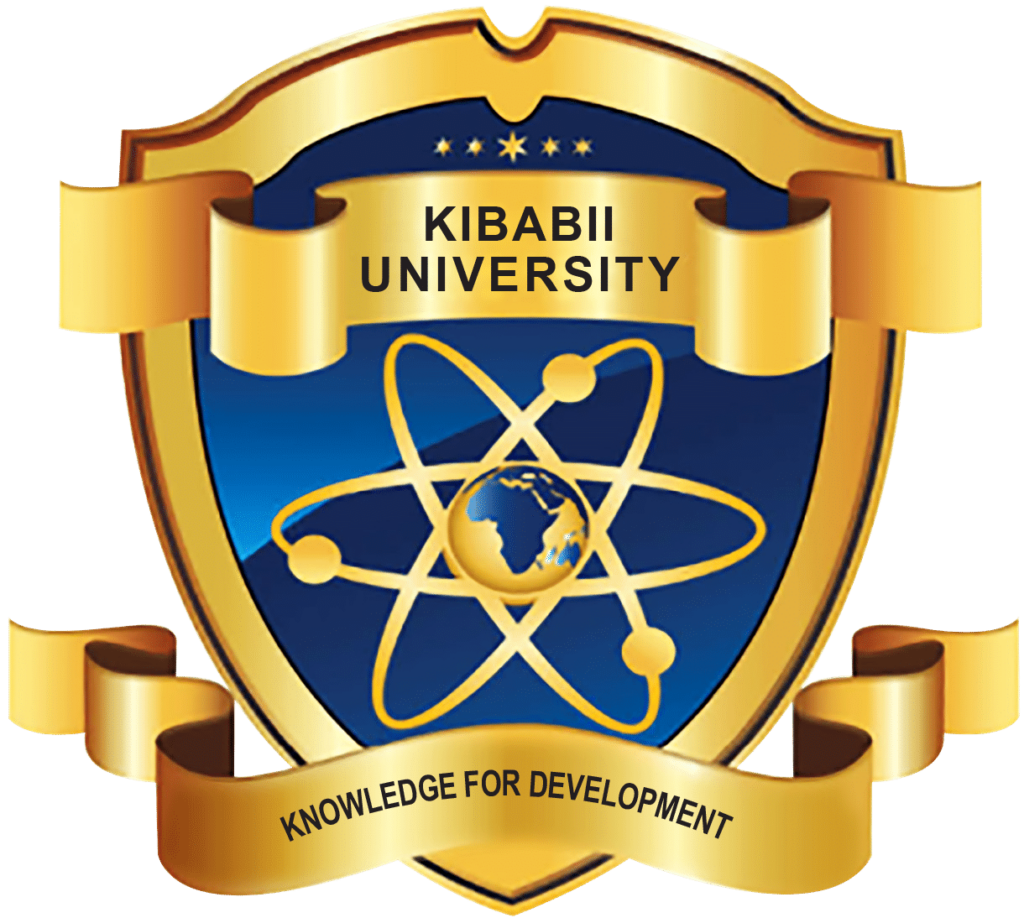Setting, Moderation and Marking of University Examinations: A Comparative Review of Policies from Universities in East Africa and the United Kingdom
Edwin Andama Ombasa
College of Eduction and Lifelong Learning, Kenyatta University
Corresponding e-mail: edwinombasa458@gmail.com
Citation: KIBU Conference (2017). Innovative Research and Knowledge for Global Competitiveness and Sustainable Development. Proceedings of 2nd Interdisciplinary International Scientific Conference 14 – 15 June 2017. Kibabii University Main campus, Bungoma Kenya ISBN: 978-9966-59-011-4
Abstract
Universities especially in Africa are today faced with the challenge of producing competent and highly skilled manpower necessary to serve the needs of humanity in the 21st century. The quality of assessment in these institutions could play a major role in the realization of this role. The United Kingdom is home to not only the oldest but also the best universities in the world. The East African Community on the other hand being a region in Africa may not be famed for this characteristic. In fact, studies have shown that a number of universities in the region ? Kenya, Uganda, Tanzania, Burundi, Rwanda and South Sudan are faced with a number of challenges related to the quality of education that takes place in these institutions. Consequently, this necessitated the current study which sought to investigate the nature of the examination policy framework in these institutions with the view of establishing similarities, differences as well as possible weaknesses inherent in some of these policies. Research methodology involved a content analysis of policy documents. Findings: there exist a number of differences in policies on setting university examinations. In Uganda Martyrs University for instance, the policy does not specify who is supposed to set examinations. On the other hand, in a university like Manchester Metropolitan, policies on examinations are guided by the Quality Assurance Agency’s UK Quality Code ? a practice that is not common in other universities from the United Kingdom as well as in East Africa. The study established a number of differences in policies on moderation of examinations. For instance, unlike in other universities, policies in the University of Eldoret specify timelines within which various activities on moderation are done. In marking, University of London is the only university whose policies clearly state what should be done when examination irregularities are detected during marking. A number of similarities were noted with regard to setting of university examinations. In almost all institutions, it was established that end of semester examinations are set and typed by a member of staff who taught that specific course. In moderation, it was common practice that examinations have to be moderated both internally and externally before they are administered. On the other hand, it was common that both internal and external examiners take part in marking–related activities. Recommendations: universities should clearly state in their examination policies on how cases of examination irregularities should be handled when detected during marking. They should also formulate new policies to allow for Conveyor Belt System of marking.
Key Words: Examinations, Marking, Moderation, Policies, Setting
![]()
Download Abstract: Setting, Moderation and Marking of University Examinations: A Comparative Review of Policies from Universities in East Africa and the United Kingdom

